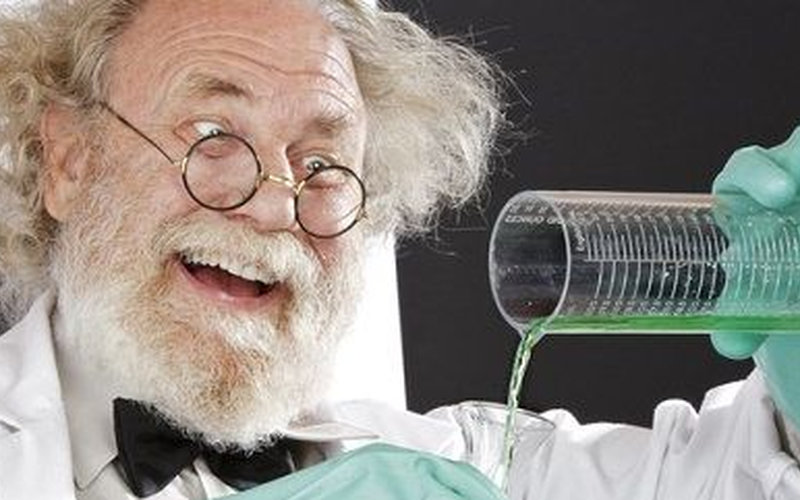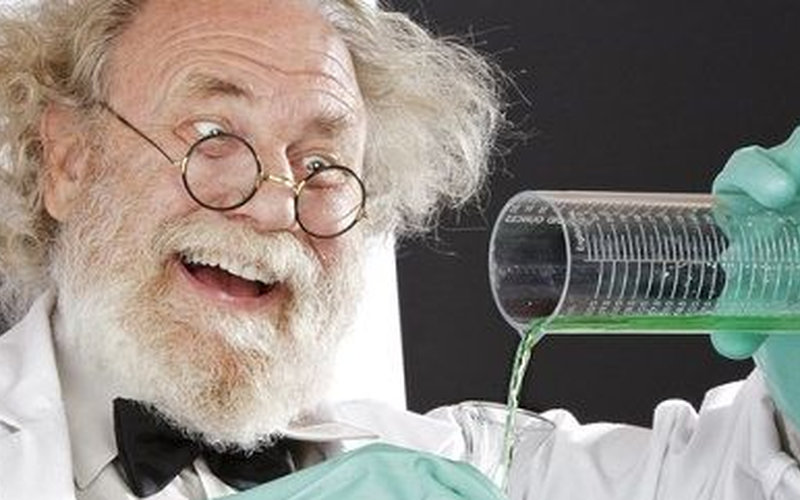Don’t Mix These With Bleach


Guest article by ‘ Anony Mee ‘
Sanitation protocols have been the subject of much discussion here on MSB of late. Ken’s excellent article on converting Pool Shock to chlorine bleach, and then proper dilution for disinfecting drinking water was very timely.
[ Read: Bleach Water Ratio for Disinfecting ]
[ Read: Make Chlorine Bleach From Pool Shock ]
Chlorine bleach is a dangerous chemical. Even a short exposure can irritate mucosal tissues and burn skin. Yet, as we all know, it can be safely used in combination with laundry soap and liquid fabric softener.
In order to improve disinfection, we might reasonably think that chemicals that are relatively safe and effective when used alone can be used together for a more powerful result. That is not the case, however. Here are some dangerous chemical combinations to be aware of these days.
Don’t Mix Chlorine Bleach with Rubbing Alcohol
Mixing chlorine bleach (sodium hypochlorite) with rubbing (ethanol or isopropyl) alcohol, makes a blend of chloroform, hydrochloric acid, and chloroacetone or dichloroacetone. These chemicals are irritating and toxic, and can lead nervous system, lung, kidney, liver, eye, and skin damage. High levels of chloroform can bring on dizziness, nausea, unconsciousness, and possibly death.
Don’t Mix Chlorine Bleach with Vinegar
If you mix vinegar or other mild acids with bleach, it creates vapors of toxic chloramine and chlorine gas. These can cause problems ranging from breathing problems and watery eyes to serious chemical burns to lungs, esophageal tissue, and eyes.
Don’t Mix Chlorine Bleach with Ammonia
This combination produces a toxic gas called chloramine, with symptoms similar to bleach and vinegar, plus shortness of breath and chest pain. Many glass cleaners contain ammonia, so never mix those with chlorine bleach.
Mixing large amounts of ammonia with bleach could produce liquid hydrazine. Liquid hydrazine is highly toxic and potentially even explosive.
Don’t Mix Hydrogen Peroxide with Vinegar
Combining hydrogen peroxide and vinegar in the same container makes a corrosive – peracetic acid. This is potentially toxic and in high concentrations can damage the skin, eyes, throat, nose, and lungs.
Basically, don’t use chlorine bleach with anything other than laundry soap. And do not combine the contents of containers of disinfectants and other cleaning products with each other. A good rule of thumb is if you wouldn’t drink it you shouldn’t mix it.
